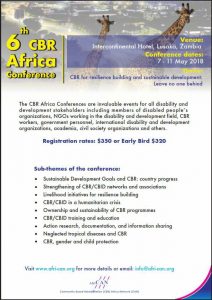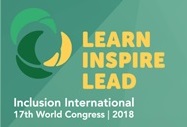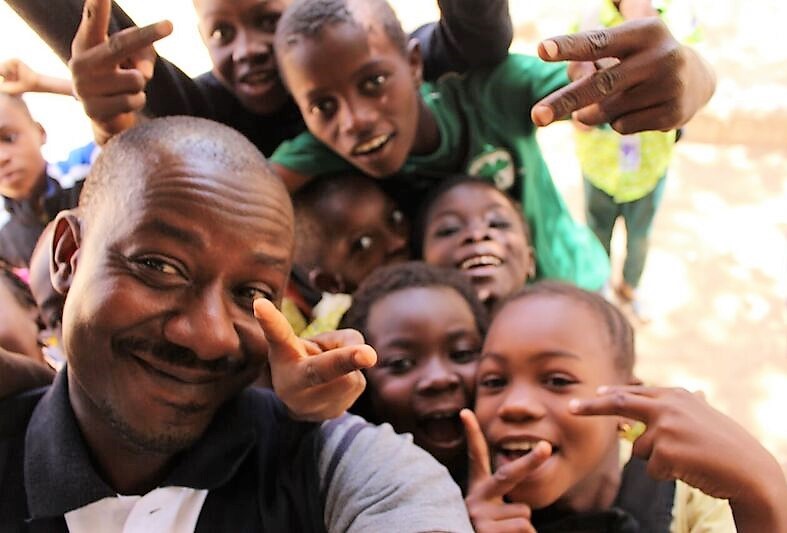EENET is making a brand new teacher training video illustrating real-life inclusive education approaches and practices. This long awaited resource will include a participatory teacher training facilitation guide. The guide will enable trainers to use the video in a variety of ways, for short and longer training courses, with new or experienced teachers as well as with other people working in education.
Why is EENET making this new resource?
EENET originally set out to address a shortage of information on inclusive education focused on countries often referred to as being in the Global South* and the need for free information about inclusive education in resource-poor contexts. Over the years we have received more requests for support, not in understanding what inclusive education is, but in moving to the next level – understanding how to practically implement the ideas that are available on paper.
We noticed that among the thousands of inclusive education video’s available online, many contained good messages about inclusive education, but little practical guidance. They left the viewer thinking “great idea, but how do I make this happen in reality?” Our new video and training guide takes an important step towards filling this gap.
Over the coming weeks running up to the video’s launch on World Teacher’s Day, 5th October 2017, we will show you behind the scenes and introduce you to some amazing teachers, parents and students who we hope will inspire you to make your own educational community more inclusive.

To learn more about EENET’s Inclusive Education Video & Participatory Training Guide:
Please share this post and spread the news
EENET’s new video-based teacher training resource has been made possible thanks to grants from Open Society Foundations and Light of the World.
* The Global South includes the nations of Africa, Asia, Central and Latin America that are less developed or have limited resources. The term comes from the idea that a large number of these countries are located in the southern hemisphere.




